
It is our pleasure to share with you a snapshot of AWC’s most notable achievements in 2023 related to building codes and standards, fire service engagement, policy advocacy at the state and federal levels, and sustainability.
Click each issue below to get a short preview of AWC’s accomplishments in 2023.
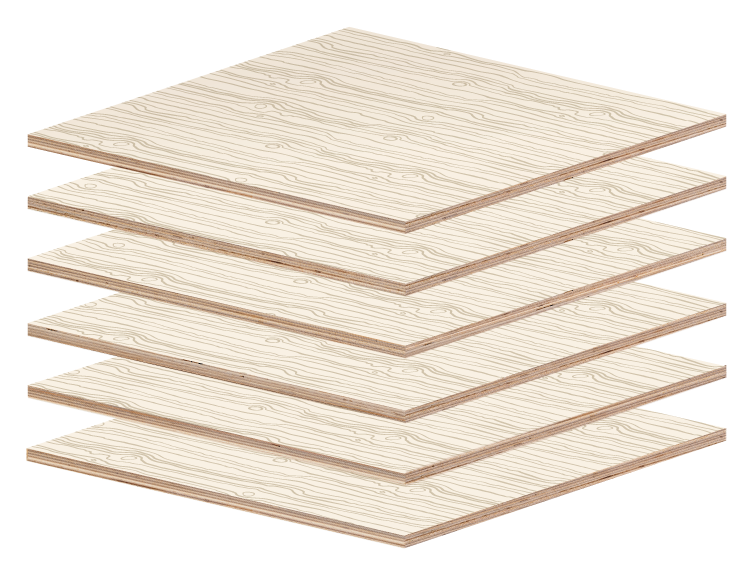
ISSUE 01
Supporting Mass Timber Adoption
With more than 29 states adopting the mass timber provisions, AWC has continued to proactively support their adoption by developing a specific guide to support Florida building code officials as they review the provisions.

ISSUE 02
2024 Standards Referenced in
I-Codes
Capping off five years of work by technical committees and staff, AWC released six new design publications, five of which are referenced in the 2024 I-codes, helping assure the broad acceptance of wood products in the national model building codes.

ISSUE 03
Fire Service Response Reaches Millions
AWC led a multipronged response to a North Carolina construction fire, providing guidance, education and a media response that reached millions. AWC also added a West Coast Fire Relations Manager to focus on wildland urban interface issues.

ISSUE 04
Meeting the Market’s Transparency Demands
AWC publicly launched the first of its kind Wood Sourcing Tool that allows users to track the source of wood products and received a Wood Innovations Grant to further strengthen our ongoing data collection and transparency efforts.

ISSUE 05
Advocating for Wood Products to Congress and DoD
AWC increased our engagement in D.C., using creative means to reach the House Working Forest Caucus, Congress and Administration representatives on the vital role of mass timber, garnering bipartisan support for mass timber in the National Defense Authorization Act.

ISSUE 06
No Stone Unturned in Fighting PM NAAQS
AWC pursued every avenue in response to the EPA’s proposed lowering of PM NAAQS including three letters to the White House, testifying before a House Subcommittee, filing written comments, and a targeted digital campaign.

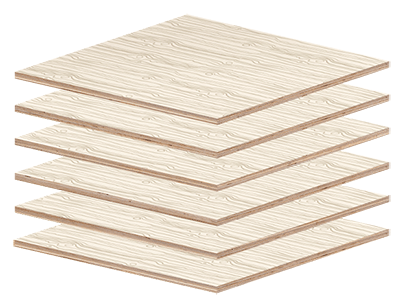
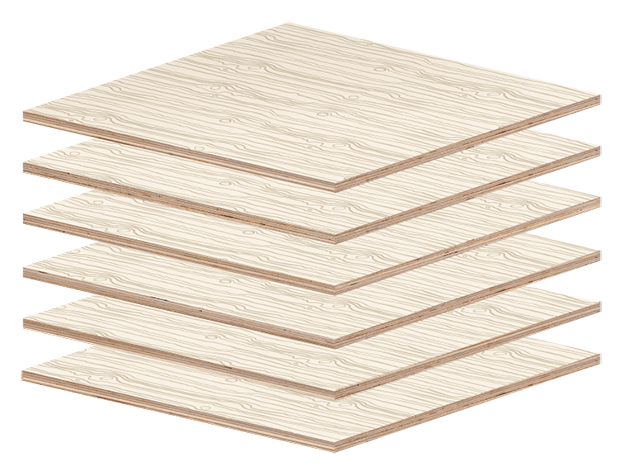

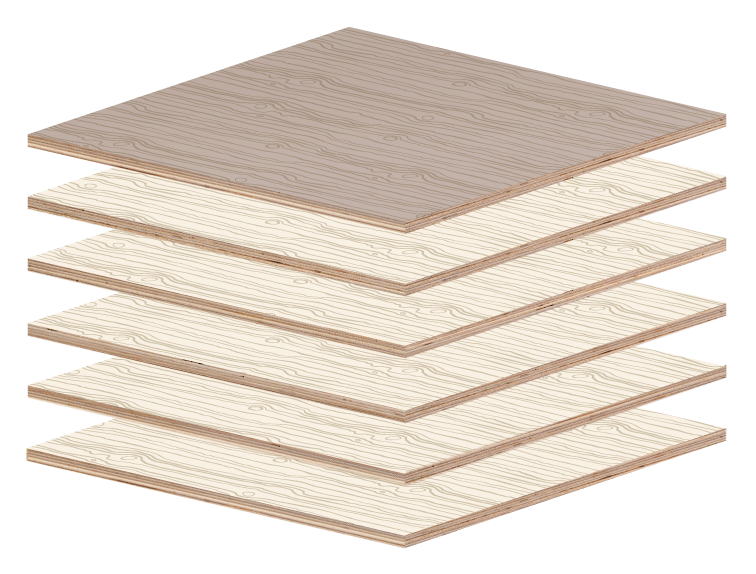
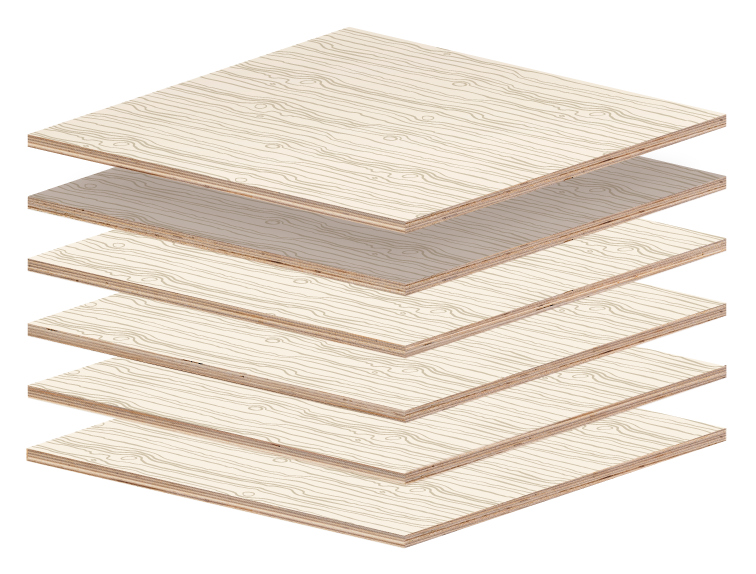
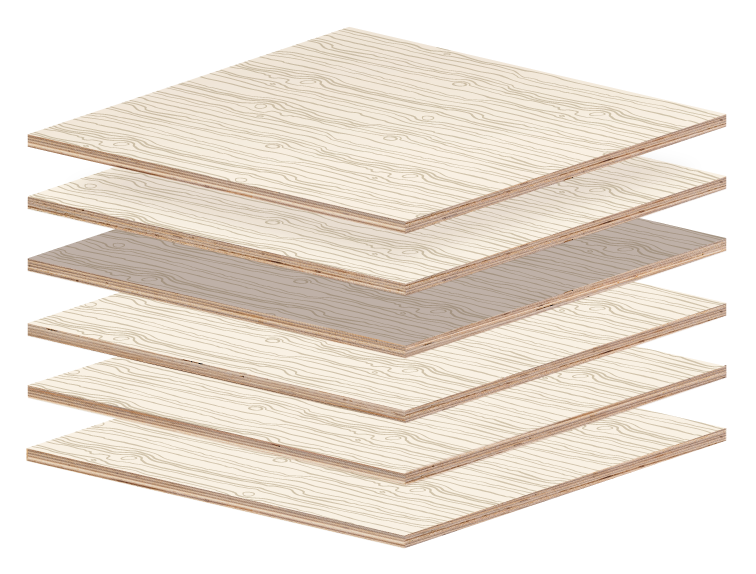
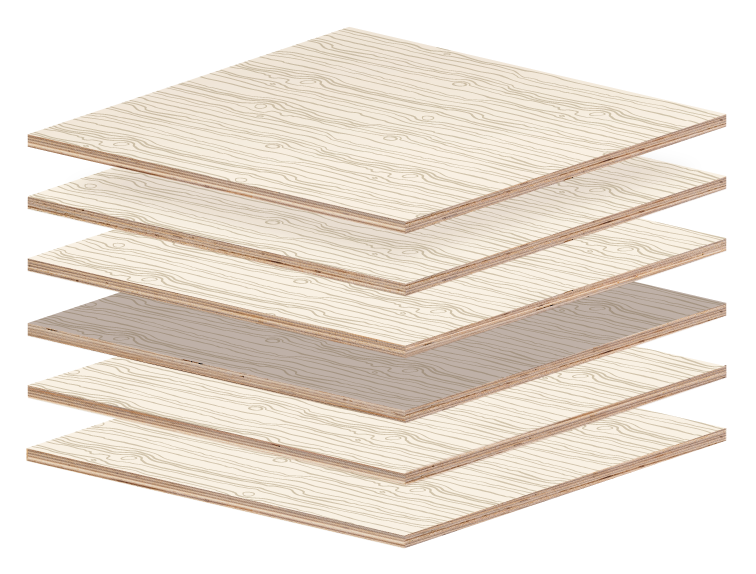
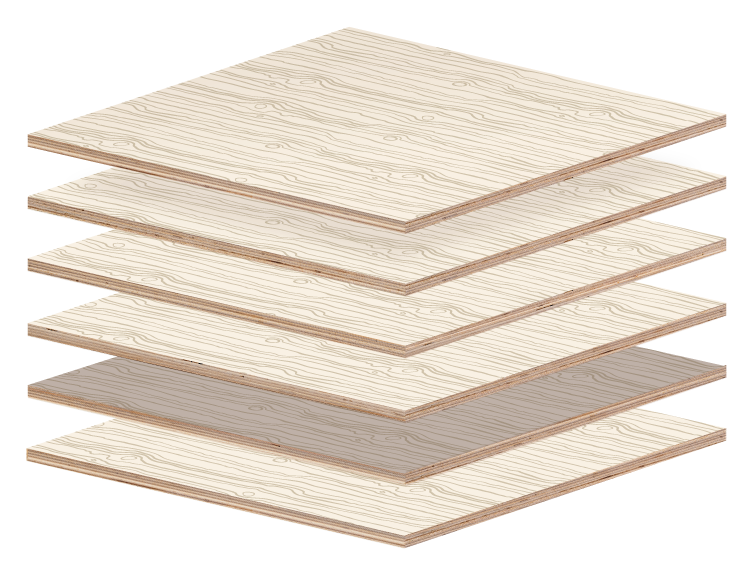
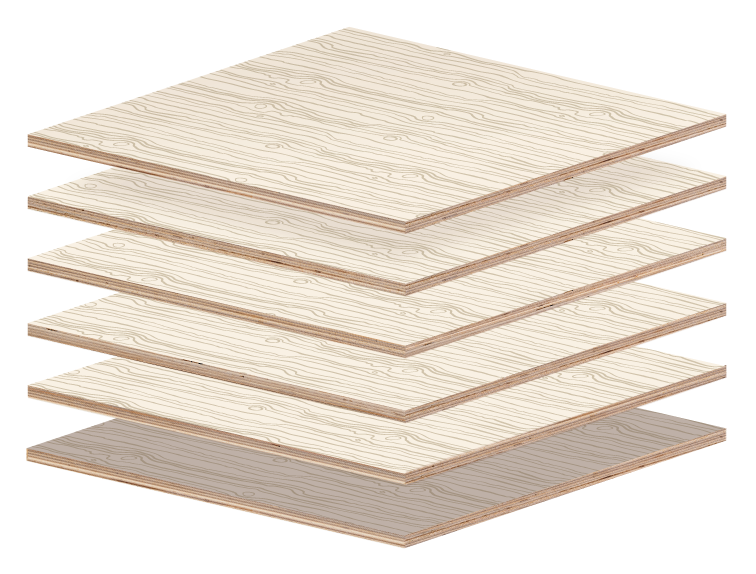
I-Codes
The International Code Council (ICC) published the final 2024 I-codes in the first quarter of 2023, and the results were strongly favorable to the wood products industry. AWC was successful in ensuring all significant threats were either disapproved, withdrawn, or favorably modified to address industry concerns…
Mass timber construction continues to gain traction across the United States with 29 states now having adopted the International Building Code (IBC) mass timber provisions. Mississippi, Ohio, and Tennessee are the latest states to adopt mass timber provisions.
Faced with several challenging jurisdictions that have been slow to adopt updated I–codes – or have rejected them – AWC has pursued creative solutions for stand–alone adoption of mass timber provisions. In Washington, D.C., for example, AWC worked with the District’s Construction Codes Coordinating Board (CCCB) to develop a comprehensive…
AWC led a significant effort to standardize cross-laminated timber (CLT) shear walls, the walls in a building designed to resist wind or seismic loads, through the AWC and ASCE standards development processes. These efforts are bearing fruit through the accelerated adoption of ASCE’s new load standard, Minimum Design Loads and Associated Criteria for Buildings and Other…
In Florida, the tall mass timber provisions narrowly failed to be included in the 2023 Florida Building Code. AWC responded by increasing outreach and education in the state, which led to a presentation on mass timber in the 2021 International Building Code to the Florida Fire Marshals and….
AWC made another key hire to meet goals for building out our field staff as part of the Board-approved staffing plan. Field staff plays a critical role in representing the industry among building code officials and in the code development process. These positions are also essential to…
After five years of incredible work by our technical committees and staff, AWC released five new design standards and supporting documents that are all referenced in the 2024 International Code Council (ICC) I-codes…
AWC conducted four full-scale fire tests to assess the performance of exterior walls and soffits. The test plan helped develop construction and detailing solutions to “harden” wood-frame buildings and prevent structure loss and fire from spreading into the interior of wood-framed buildings in severe Wildland Urban Interface (WUI) fires involving direct flame intrusion.
AWC relaunched its Resource Hub, which includes all of our publications for design, code and fire officials. The redesign was based on member feedback with the goal of improving the user experience and updating search and filter functions.
The Resource Hub is a critical component of the AWC website, acting as the clearing house for standards, technical reports, calculators, publications and other resources for design professionals and code officials. The materials found in the Resource Hub represent approximately two-thirds of AWC’s website traffic.
After a construction site fire in Charlotte, North Carolina, AWC responded by providing guidance and education to various officials and committees. In the immediate aftermath, AWC’s Fire Service Relations Manager Ray O’Brocki was quoted in a news piece about the fire and emphasized the importance of following fire safety codes and regulations…
AWC’s Fire Service Advisory Committee (FSAC) was established in 2019 to better understand and gain input on how the wood industry should engage with and act as a resource for the American Fire Service. The group’s in-person meetings were disrupted…
AWC’s Manger of Fire Service Relations Ray O’Brocki was interviewed by ICC Region I Radio. The episode discussed fire safety in construction, the challenges of education and enforcement on construction fire safety, and the role of fire prevention managers…
AWC added a position to our Fire Service Engagement team aspart of the Board-approved staffing plan. This team has proved extremely valuable in developing relationships with the fire service to preempt opposition to…
The market is increasingly demanding transparency around environmental impacts from all sectors, and the wood products industry has a unique and compelling story to tell. The annual AWC Lifecycle Survey collected 2022 mill-level production data from a significant majority of AWC’s member mills to be aggregated and used in regional environmental product declarations (EPDs) to meet the demand from the design community…
AWC was successful in getting Whole Building Lifecycle Assessment (WBLCA) to be included as a part of amendments to 2022 California Green Building Standards Code (CAL Green) for commercial buildings…
AWC released a new online tool that enables users to track the source of wood products from the forest to the end user. The Wood Sourcing Tool, funded by the Softwood Lumber Board and the U.S. Endowment for Forestry & Communities, provides insight into where wood products are originating and the safeguards in place throughout the supply chain that ensure sustainability…

Spreading the Word of Wood’s Sustainability Story
In 2023, AWC expanded its role as the industry’s leading voice on sustainability and climate and carbon issues. Rachael Jamison, AWC’s Vice President of Markets and Sustainability, appeared on The Living Shelter Podcast to discuss the role of wood in a sustainable future, carbon sequestration and diversity in the timber industry. Rachael talked about the industry’s recognition of climate issues, Environmental Product Declarations (EPDs), the importance of working forests, as well as the biophilic benefits of wood.
AWC hosted the House Working Forest Caucus on the National Mall where they toured two modular mass timber buildings to discuss how wood products can provide a sustainable solution to our nation’s housing crisis. The tour was coordinated as part of the Department of Housing and Urban Development’s (HUD) Housing Innovation Summit. In addition to the tour, the members were able to hear from U.S….
This year AWC saw great success in its efforts to get mass timber and wood products included in language in the National Defense Authorization Act (NDAA). The NDAA dictates the annual budget, including construction funding, of…
After five years of AWC’s advocacy efforts, the Los Angeles City Council motion to extend the Fire District One ban on Type IV and V construction officially expired. Over the years, AWC has built a…
AWC organized and hosted a fly-in to educate members and staff during National Forest Products Week. During the week, AWC members visited with more than 40 members of the Senate, House, and their staff. The meetings focused on emphasizing the value of wood products…
AWC led a coalition of seven wood product trade groups in filing extensive comments to the EPA on its proposed Plywood and Composite Wood Products (PCWP) Maximum Achievable Control Technology (MACT). While supporting the overall framework of the rule, AWC objected to the unnecessary limitations on wastewater systems and log vats while seeking more appropriate and limited work practices and dropping PAHs limits on biomass dryers.
AWC pursued every avenue to reach White House, Environmental Protection Agency (EPA) and federal agency officials, as well as key state and federal office holders, to push back on the proposal to reduce the National Ambient Air Quality Standards for Fine Particulate Matter (PM 2.5 NAAQS) to near background levels…
AWC’s Chief Scientist Stewart Holm testified before the EPA’s Human Studies Review Board (HSRB) on the risks associated with formaldehyde. The EPA is in the process of reviewing formaldehyde under the Toxic Substances Control Act, and AWC and the American Chemistry Council are working closely together to raise concerns about the potential for significant and unnecessary…



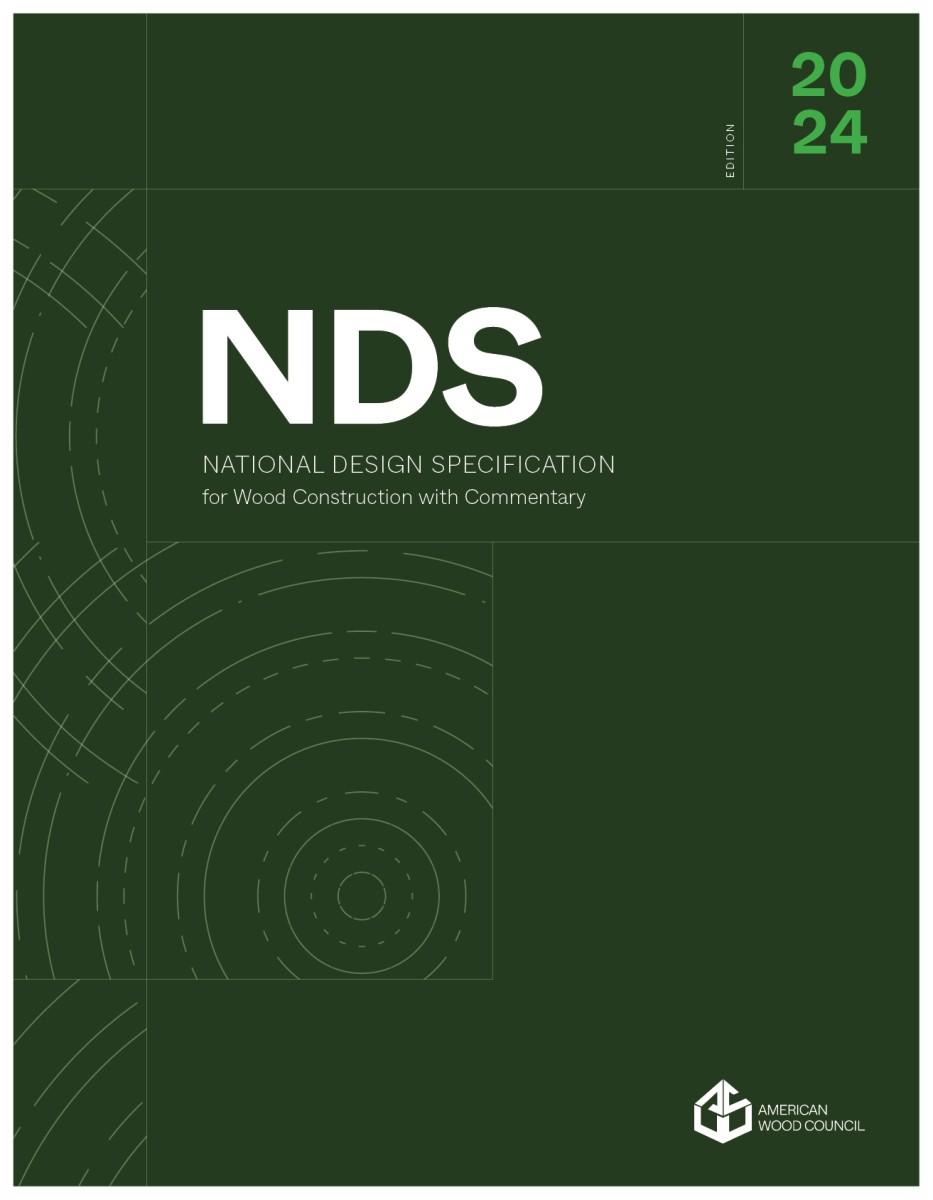 In addition, a majority of AWC’s proposals were adopted, including most notably references to AWC’s updated National Design Specification® for Wood Construction and Wood Frame Construction Manual. While AWC was unsuccessful in securing a reference to the new Fire Design Specification for Wood Construction in the 2024 I-codes, AWC has made it a priority for the 2027 code cycle, which kicked off in early 2024. AWC’s Subcommittee on Codes and Product Evaluation worked during the second half of 2023 to vet AWC’s proposed code change proposals, including the reference to the FDS, ensuring AWC could submit all industry proposals by the January 2024 deadline.
In addition, a majority of AWC’s proposals were adopted, including most notably references to AWC’s updated National Design Specification® for Wood Construction and Wood Frame Construction Manual. While AWC was unsuccessful in securing a reference to the new Fire Design Specification for Wood Construction in the 2024 I-codes, AWC has made it a priority for the 2027 code cycle, which kicked off in early 2024. AWC’s Subcommittee on Codes and Product Evaluation worked during the second half of 2023 to vet AWC’s proposed code change proposals, including the reference to the FDS, ensuring AWC could submit all industry proposals by the January 2024 deadline.
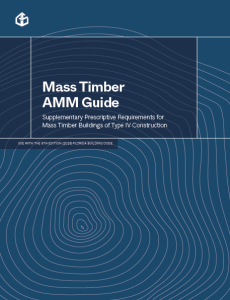 The Florida AMM Guide is the culmination of several years of work from AWC staff to have mass timber provisions adopted into the FBC. After the narrow failure of the most recent attempt, AWC undertook a significant education and outreach campaign to persuade opponents, culminating in a presentation of the AMM Guide to the Building Officials of Florida (BOAF) Board of Directors. The BOAF Board ultimately supported and encouraged the Guide, which marks a significant milestone in advancing mass timber construction in Florida.
The Florida AMM Guide is the culmination of several years of work from AWC staff to have mass timber provisions adopted into the FBC. After the narrow failure of the most recent attempt, AWC undertook a significant education and outreach campaign to persuade opponents, culminating in a presentation of the AMM Guide to the Building Officials of Florida (BOAF) Board of Directors. The BOAF Board ultimately supported and encouraged the Guide, which marks a significant milestone in advancing mass timber construction in Florida. Cade Booth was brought on as Regional Manager, Codes & Standards with responsibility for southern states in ICC Regions VIII and IX. Cade comes to AWC with more than 20 years of experience, including serving as a Certified Building Official for the City of Savannah, Georgia, where she currently resides. Before joining AWC, she was Founder and CEO of Code Consultants of Savannah. Cade has served on ICC Exam Development Committees and has numerous ICC certifications.
Cade Booth was brought on as Regional Manager, Codes & Standards with responsibility for southern states in ICC Regions VIII and IX. Cade comes to AWC with more than 20 years of experience, including serving as a Certified Building Official for the City of Savannah, Georgia, where she currently resides. Before joining AWC, she was Founder and CEO of Code Consultants of Savannah. Cade has served on ICC Exam Development Committees and has numerous ICC certifications. In the honors department, AWC South Central Region Director, David P. Tyree, P.E., C.B.O., was presented with a lifetime honorary membership in recognition of his exceptional contributions to ICC. The discerning process for this achievement involves nomination by peers, selection by the ICC Board of Directors, and approval by governmental voting representatives.
In the honors department, AWC South Central Region Director, David P. Tyree, P.E., C.B.O., was presented with a lifetime honorary membership in recognition of his exceptional contributions to ICC. The discerning process for this achievement involves nomination by peers, selection by the ICC Board of Directors, and approval by governmental voting representatives. In the months following the fire, AWC’s Ken Bland participated in a meeting with the North Carolina Fire Code Revision Committee (FCRC) on the topic of construction site fire safety. The FCRC discussed, and AWC supported, a future amendment to adopt the latest edition of NFPA 241, which includes new safeguards for large buildings regardless of construction type.
In the months following the fire, AWC’s Ken Bland participated in a meeting with the North Carolina Fire Code Revision Committee (FCRC) on the topic of construction site fire safety. The FCRC discussed, and AWC supported, a future amendment to adopt the latest edition of NFPA 241, which includes new safeguards for large buildings regardless of construction type.
 Listen now:
Listen now:  AWC added a position to our Fire Service Engagement team as part of the Board-approved staffing plan. This team has proved extremely valuable in developing relationships with the fire service to preempt opposition to wood and mass timber construction through education.
AWC added a position to our Fire Service Engagement team as part of the Board-approved staffing plan. This team has proved extremely valuable in developing relationships with the fire service to preempt opposition to wood and mass timber construction through education. In October, Jamison and Heather Stegner, the Vice President of Education and Communication, traveled to Bordeaux, France, as the keynote speakers for the 2023 Woodrise Conference. Their presentation shared how the U.S. wood products industry is increasing transparency and data collection across the industry. During the conference, AWC’s work was cited by leading American architect Susan Jones, as well as international organizations like the UN Food and Agriculture Organization.
In October, Jamison and Heather Stegner, the Vice President of Education and Communication, traveled to Bordeaux, France, as the keynote speakers for the 2023 Woodrise Conference. Their presentation shared how the U.S. wood products industry is increasing transparency and data collection across the industry. During the conference, AWC’s work was cited by leading American architect Susan Jones, as well as international organizations like the UN Food and Agriculture Organization. AWC hosted the House Working Forest Caucus on the National Mall where they toured two modular mass timber buildings to discuss how wood products can provide a sustainable solution to our nation’s housing crisis. The tour was coordinated as part of the Department of Housing and Urban Development’s (HUD) Housing Innovation Summit. In addition to the tour, the members were able to hear from U.S Forest Service staff and HUD’s Affordable Housing Research & Technology team about how mass timber is helping solve economic and housing issues.
AWC hosted the House Working Forest Caucus on the National Mall where they toured two modular mass timber buildings to discuss how wood products can provide a sustainable solution to our nation’s housing crisis. The tour was coordinated as part of the Department of Housing and Urban Development’s (HUD) Housing Innovation Summit. In addition to the tour, the members were able to hear from U.S Forest Service staff and HUD’s Affordable Housing Research & Technology team about how mass timber is helping solve economic and housing issues. NAFO also joined AWC in hosting a Congressional reception at 80 M Street, D.C.’s first mass timber office building. The event was well attended, with nearly 100 guests including the Chief of the Forest Service, Members of Congress, staff members, and industry allies.
NAFO also joined AWC in hosting a Congressional reception at 80 M Street, D.C.’s first mass timber office building. The event was well attended, with nearly 100 guests including the Chief of the Forest Service, Members of Congress, staff members, and industry allies.
